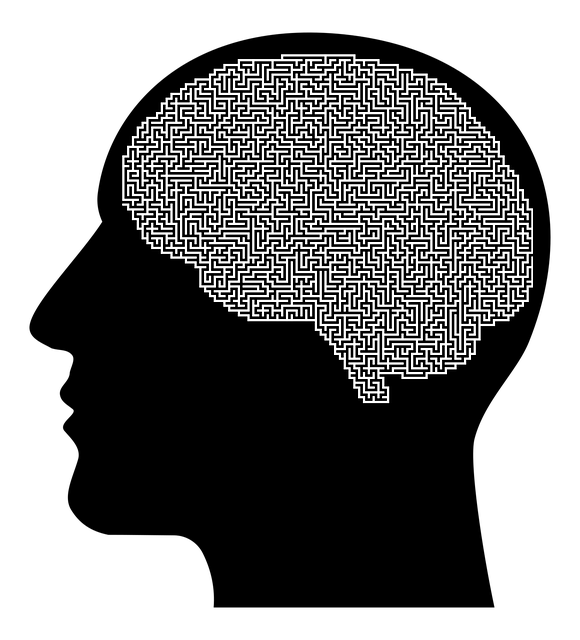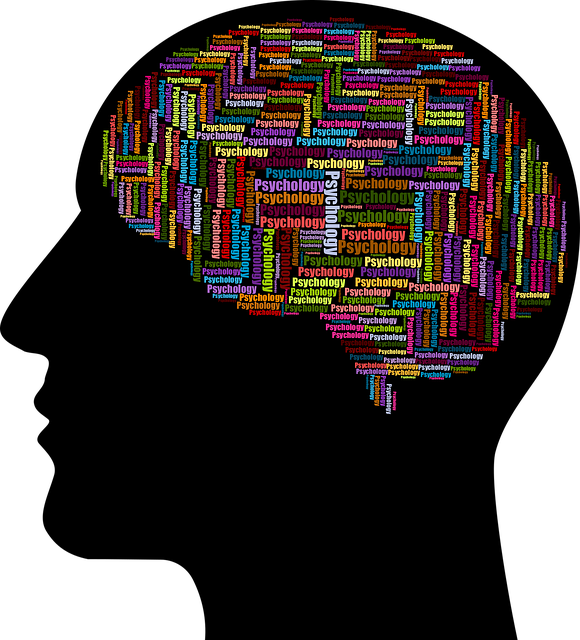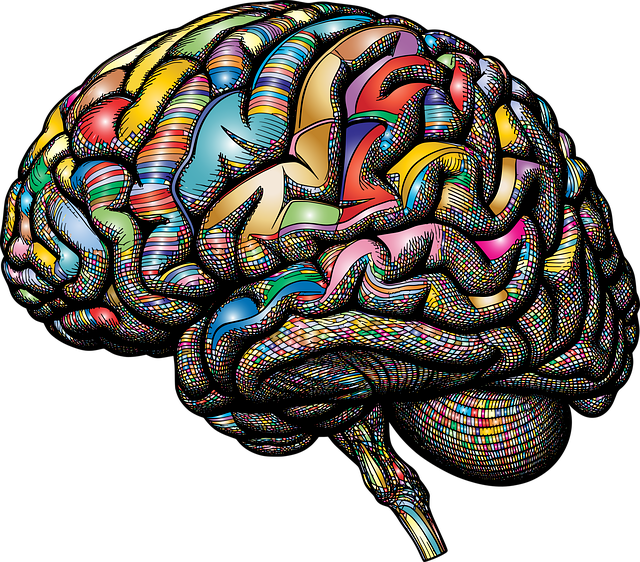Analyzing mental health data for Mandarin Chinese adolescent teens requires a nuanced approach considering diverse cultural factors. The digital age offers access to self-care tools, but navigating emotional challenges demands culturally sensitive therapy practices tailored to their unique experiences. Effective interventions combine evidence-based techniques with cultural relevance, focusing on emotional regulation and well-being. Specialization in data analysis includes adapted methods for cultural nuances, qualitative research, and visualization techniques to communicate findings accurately within relevant contexts. Ethical considerations prioritize confidentiality and prevent burnout, ensuring teens receive culturally sensitive therapy services tailored to their specific needs.
Mental health data analysis is a complex yet crucial process, especially when tailored to specific populations like Mandarin Chinese-speaking adolescent teens. This article explores the multifaceted approach to understanding and interpreting mental health data, including collection methods from diverse sources within this demographic. We delve into the unique role of therapy in deciphering these insights, specifically for Mandarin teenagers, while considering cultural and linguistic nuances through advanced data analysis techniques. Additionally, we discuss ethical implications and effective strategies for presenting findings.
- Understanding Mental Health Data: Collection and Sources for Adolescent Teens
- The Role of Therapy in Interpreting Data for Mandarin Chinese Speaking Teenagers
- Data Analysis Techniques Specific to Cultural and Linguistic Considerations
- Visualizing and Presenting Findings: Effective Communication Strategies
- Ethical Implications and Confidentiality in Mental Health Data Interpretation
Understanding Mental Health Data: Collection and Sources for Adolescent Teens

Mental health data analysis for adolescent teens involves understanding where and how this critical information is collected. Data sources can include school records, healthcare provider notes, surveys, and self-care practice tracking apps. The latter has gained significance in today’s digital era, empowering teens to monitor their own mental well-being through structured journaling or mindfulness exercises.
For Mandarin Chinese speaking adolescents, access to therapy services plays a pivotal role. This includes both individual and community outreach program implementations that cater specifically to this demographic. Resilience building techniques, integrated with culturally sensitive approaches, can significantly enhance the effectiveness of these interventions. Remember that, by understanding the data collection process and leveraging appropriate resources, we can better support the mental health needs of adolescent teens, especially those from diverse linguistic backgrounds like Mandarin Chinese speakers.
The Role of Therapy in Interpreting Data for Mandarin Chinese Speaking Teenagers

For Mandarin Chinese speaking teenagers, navigating mental health challenges often requires a cultural sensitivity that goes beyond traditional therapy practices. Many adolescents in this demographic face unique barriers when seeking support, including language differences and cultural taboos surrounding emotional expression. Therefore, therapists must adapt their approach to effectively interpret mental health data and offer tailored interventions.
Therapy plays a pivotal role in helping these teens develop essential emotional regulation skills and cultivate emotional well-being. Incorporating compassion cultivation practices, for instance, can foster a sense of self-acceptance and understanding, empowering adolescents to confront their struggles openly. By combining evidence-based techniques with cultural relevance, therapists create a safe space where Mandarin Chinese speaking teens feel heard, validated, and supported on their journey towards mental well-being.
Data Analysis Techniques Specific to Cultural and Linguistic Considerations

When analyzing mental health data with a focus on specific cultural and linguistic groups, such as Mandarin Chinese-speaking adolescent teens, specialized techniques are required to ensure accurate interpretation. This involves adapting conventional data analysis methods to account for cultural nuances that may influence responses and perceptions of mental health. For instance, researchers might employ qualitative approaches like semi-structured interviews or focus groups to gain a deeper understanding of the participants’ experiences, considering the context of their cultural backgrounds.
Language plays a pivotal role in data collection and interpretation. Translators skilled in both the source and target languages (in this case, Mandarin Chinese) are essential to maintain the integrity of the information. Additionally, exploring concepts like Emotional Intelligence and Positive Thinking through a cultural lens can provide valuable insights. For healthcare providers working with these populations, understanding Burnout Prevention Strategies is crucial for delivering effective therapy and building trust within these specific communities.
Visualizing and Presenting Findings: Effective Communication Strategies

Visualizing data is a powerful tool in mental health research, enabling professionals to communicate complex findings effectively. When presenting insights related to therapy for adolescent teens speaking Mandarin Chinese, utilizing visually appealing graphs, charts, and infographics can simplify intricate information. This approach aids in engaging audiences and ensuring key messages are conveyed accurately. For example, a bar graph illustrating the effectiveness of different therapeutic approaches on adolescents’ mental well-being can provide concrete evidence to guide clinical decisions.
Effective communication strategies also involve tailoring presentations to diverse cultural backgrounds, especially when addressing Mandarin Chinese-speaking communities. Incorporating Cultural Sensitivity in Mental Healthcare Practice ensures that data is interpreted and shared with relevant cultural nuances. For instance, when presenting research on youth mental health trends within this specific demographic, considering the Mind Over Matter Principles can help bridge cultural gaps and foster understanding, ultimately enhancing access to appropriate therapy services for adolescent teens.
Ethical Implications and Confidentiality in Mental Health Data Interpretation

In the realm of mental health data analysis, ethical considerations are paramount, especially when interpreting sensitive information about adolescents from Mandarin-speaking backgrounds who may be seeking therapy. Confidentiality is a cornerstone; ensuring that all data remains secure and accessible only to authorized parties is crucial for protecting vulnerable individuals. This is particularly important as we navigate the digital age, where vast amounts of data can be collected and analyzed.
The interpretation of such data must adhere to strict ethical guidelines, especially when considering the potential impact on a teen’s life, including Burnout Prevention, Depression Prevention, and Confidence Boosting strategies. For instance, while analyzing therapy records for Mandarin-speaking teens, researchers must respect cultural nuances and avoid stereotypes. This includes understanding that mental health issues may manifest differently across cultures and that traditional therapy approaches might require adaptation to be effective.
Mental health data analysis is a complex yet vital process, especially when tailored to specific cultural needs, such as those of Mandarin Chinese speaking adolescent teens. By understanding unique data sources and employing culturally sensitive analysis techniques, therapists can gain deeper insights into the mental well-being of this demographic. Effective visualization and clear communication strategies ensure that findings are accessible and actionable, directly impacting positive outcomes for youth in therapy. As we navigate ethical considerations surrounding confidential data interpretation, it becomes evident that a holistic approach, combining cultural awareness with robust data analysis, is key to revolutionizing mental health support for Mandarin Chinese speaking teens.














